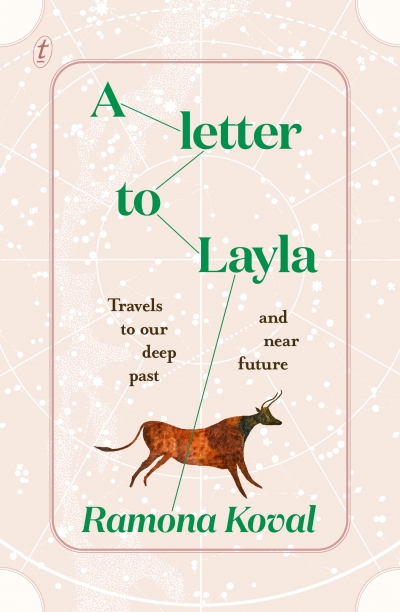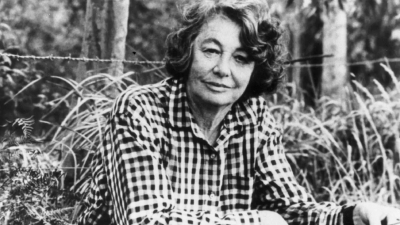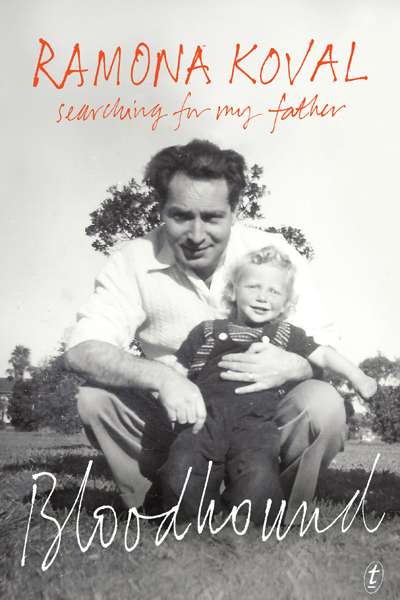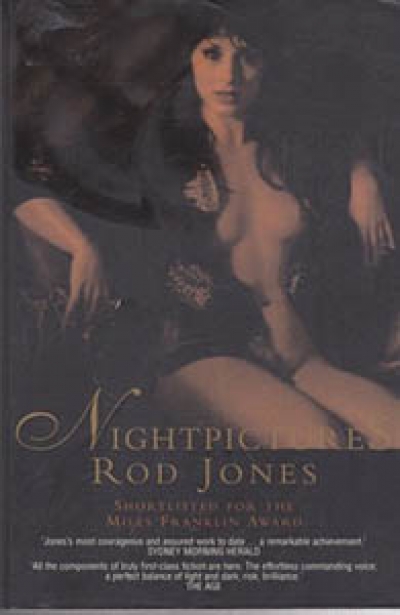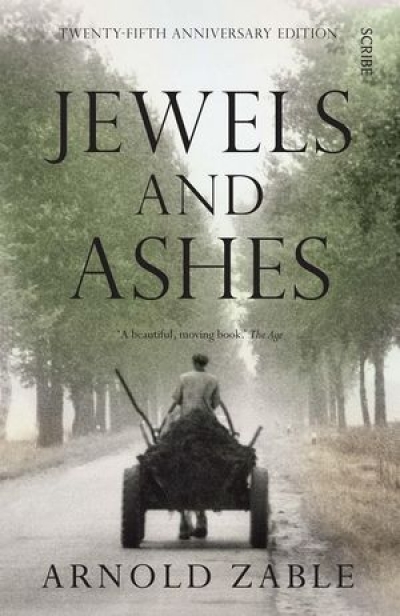Ramona Koval
A Letter to Layla: Travels to our deep past and near future by Ramona Koval
The whole of inland Australia is manoeuvred, manipulated by the weather and by seasons, especially if you are in primary industry. I always like the story, I was travelling north once on the plane and the person next to me said that they hadn’t had rain for seven years. They were living out around Mt Isa and the first time it fell, his five-year-old ran in screaming with fright. But that’s probably one of those north Queensland stories.
... (read more)Ramona Koval: I once had a conversation with an Australian writer who envied my parents’ war experience and refugee tales, because he said at least you have something to write about. But in this memoir you have proved that an Australian beach-based childhood can be as compelling and strange and moving as any European story. This Australian story had been brewing for a while, hadn’t it?
Robert Drewe: It had certainly been brewing for a long time. I have written novels touching on this period. But for some reason, perhaps because of the rather harrowing experiences of my family at the time, I had pushed it aside. But in the end I found it was more and more on my mind. I realised that my whole generation of people growing up in Perth were still subject to the same myth. I decided finally to deal with it in the manner I have.
... (read more)Ramona Koval asked Robert Manne what his version of the strange story of Helen Demidenko might be.
Robert Manne: Well there was once, I think, a very strange young Australian woman of English parents, who, for reasons that we don’t understand decided to identify with Ukrainian war criminals. She decided that the Jews had got control of the history of the Holocaust and that a terrible story of what happened to Ukrainians at the hands of Jews had not been told. So she decided to take the name Demidenko because she read in a book that Demidenko was a Ukrainian who had been at Babi Yar where thirty-three thousand Jews were killed. She identified so strongly that she took the name Demidenko and wrote a high school essay in which she imagined what it would be like to be Ivan the Terrible, probably the most monstrous figure that emerges from the killings at Treblinka or at any other extermination camp. She decided to write a novel in which she would adopt the identity, imagining herself to be this daughter of a Ukrainian war criminal, with an uncle who served at Treblinka. And so she wrote a novel. Amazingly enough, not only was her novel published but it won a major award. It so convinced the literary community of its authenticity that it was regarded in 1995 as the best literary work published in the country.
... (read more)Ramona Koval: I would like to begin by talking about the differences between writing fiction and non-fiction. You write about birth and youth, sex, illness, death, sisters ... the big things in life. How does that differ for writing fiction and non-fiction, if at all?
Helen Garner: I find that the subjects for non-fiction that I write about seem to present themselves from outside myself, whereas the fictional ones are much more some little thing that’s been worming away at me that I’ve become conscious of. The fiction kind of worms its way out and the non-fiction worms its way in, I suppose you could say it that way.
... (read more)
